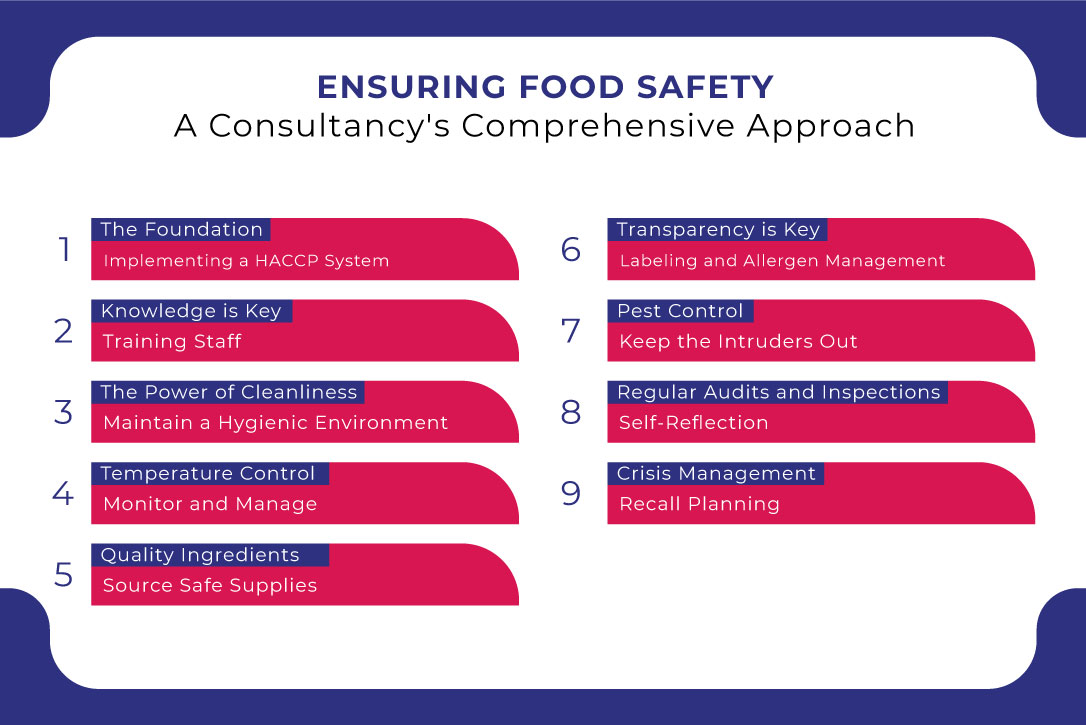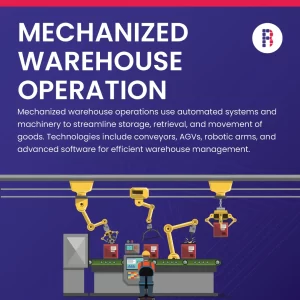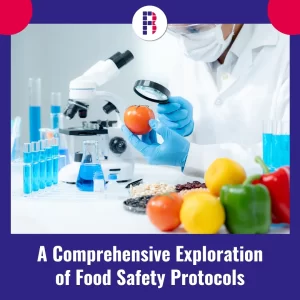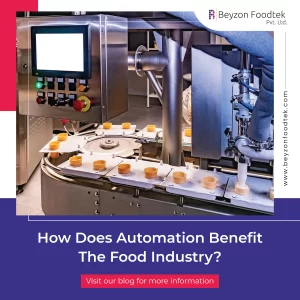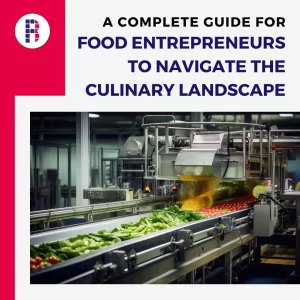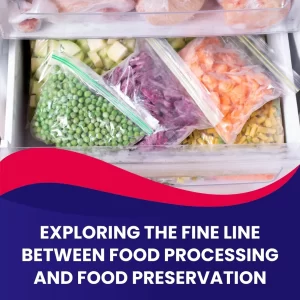Introduction
Food safety is a top priority in the food industry, and it’s a non-negotiable element of running a successful food-related business. Whether you’re a restaurant owner, a food manufacturer, or a caterer, ensuring food safety is not only a legal obligation but also a cornerstone for building trust with customers and safeguarding your brand’s reputation. As a food consultancy service company, your role is pivotal in helping clients navigate the complex landscape of food safety. In this comprehensive guide, we will delve into the various ways to ensure food safety and assist your clients in achieving excellence.
- The Foundation: Implementing a HACCP System: Hazard Analysis Critical Control Points (HACCP) is the gold standard for ensuring food safety. This systematic approach involves identifying potential hazards at every stage of food production and setting up critical control points to eliminate or reduce risks. As a consultancy, your role is to guide clients in establishing, implementing, and maintaining a HACCP system tailored to their specific operations.
- Knowledge is Key: Training Staff: Human error can be a significant source of food safety breaches. Your consultancy can offer specialized training programs that cover hygiene, temperature control, and safe food handling practices. Well-informed staff members are the first line of defense against potential hazards.
- The Power of Cleanliness: Maintain a Hygienic Environment: Cleanliness is the cornerstone of food safety. Encourage your clients to implement strict hygiene practices in all areas of food production, storage, and preparation. Regular cleaning schedules, the use of appropriate cleaning agents, and thorough sanitization of equipment and surfaces are all vital components.
- Temperature Control: Monitor and Manage: Precise temperature control is paramount for food safety. Advise your clients to invest in accurate thermometers and data loggers to ensure the proper storage and handling of food at all stages. Familiarize them with safe temperature ranges for different food products and help them establish strict temperature monitoring protocols.
- Quality Ingredients: Source Safe Supplies: The quality of ingredients directly impacts the safety of the final product. Guide your clients in selecting reputable suppliers who adhere to stringent quality and safety standards. Regular audits and inspections of supplier facilities can provide an extra layer of assurance.
- Transparency is Key: Labeling and Allergen Management: Assist your clients in creating clear, accurate food labels that include comprehensive information about ingredients, allergens, and expiration dates. Ensure they have a robust allergen management system in place, and can provide allergen-free options if required.
- Pest Control: Keep the Intruders Out: Pest infestations can pose a significant threat to food safety. Encourage your clients to establish a proactive pest control program, which includes routine inspections, proper storage practices, and collaboration with professional pest management services.
- Regular Audits and Inspections: Self-Reflection: Internal audits and inspections are invaluable in identifying potential risks and areas for improvement. Help your clients create an audit schedule and provide them with the tools and knowledge to conduct thorough self-assessments. Regular self-evaluation will uncover issues before they become major problems.
- Crisis Management and Recall Planning: Food safety issues can escalate into product recalls or crises that can be detrimental to a brand’s reputation. Your consultancy should assist clients in developing crisis management and recall plans, helping them to respond swiftly and effectively, minimizing damage to their image and ensuring consumer safety.
- Stay Informed and Compliant: Laws and Regulations: Laws and regulations in the food industry are continually evolving. Ensure your clients stay up-to-date with the latest regulatory changes and guide them in adapting to new requirements. Compliance with local, national, and international food safety standards is non-negotiable.
Conclusion
As a food consultancy service company, your role is pivotal in ensuring food safety for your clients. By implementing the strategies and practices mentioned above, you can help them build a robust foundation for their food safety programs, safeguarding their customers’ well-being and the long-term success of their businesses. Food safety is not just a legal requirement; it’s a commitment to providing high-quality, safe food to the public and upholding the reputation of your clients in the food industry. Your guidance and expertise are the secret ingredients to their success.
